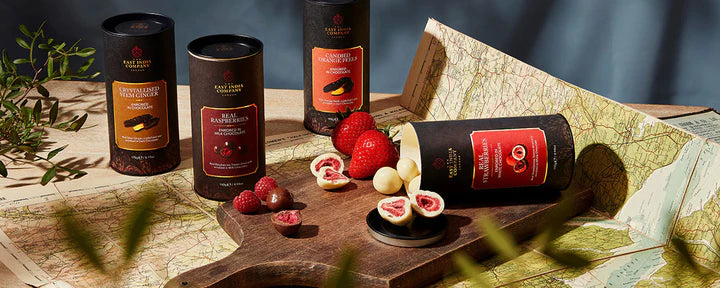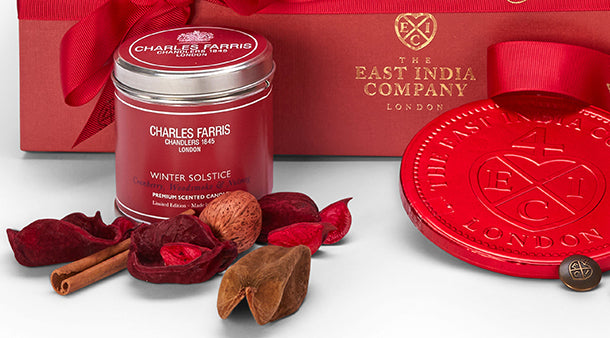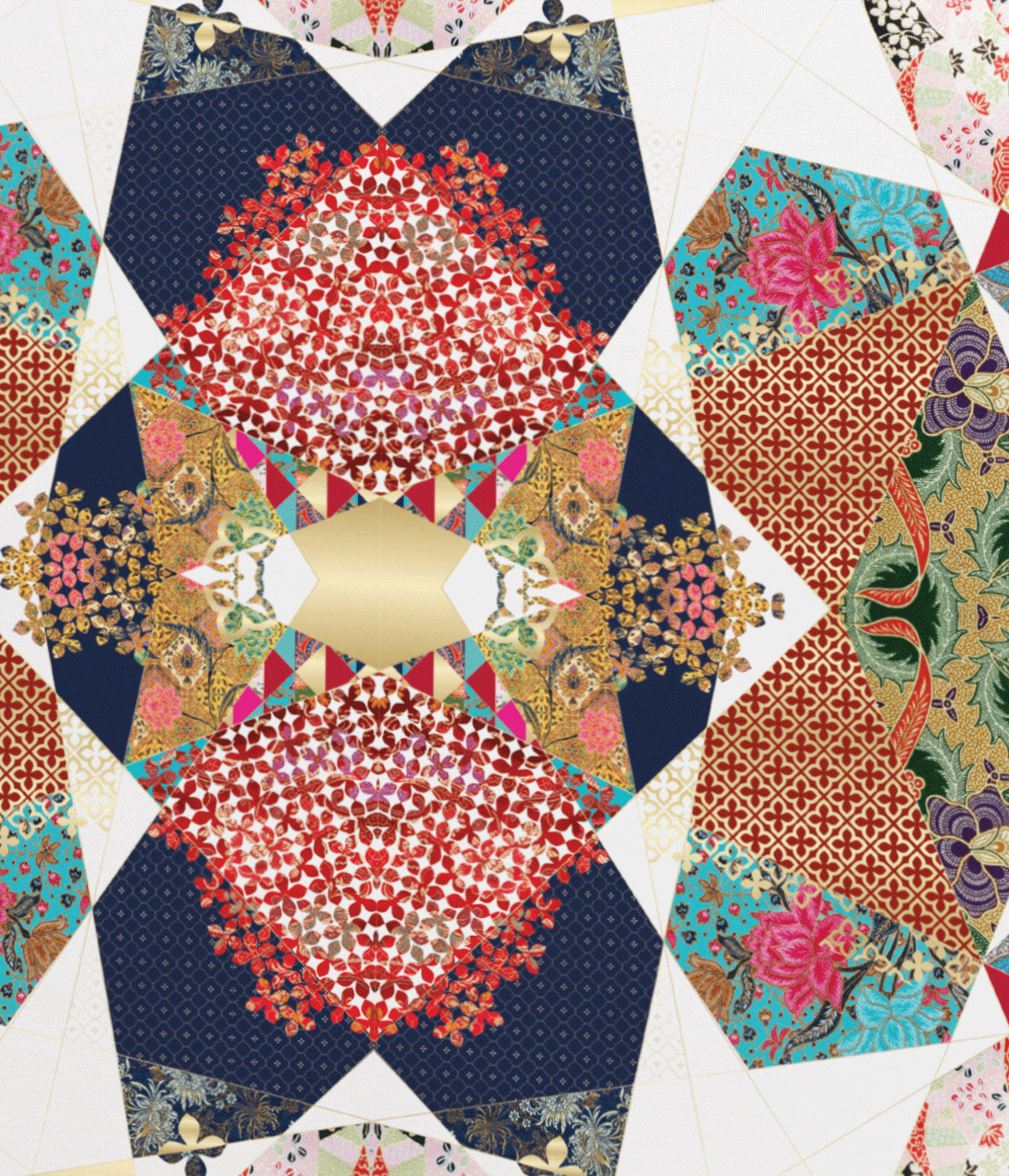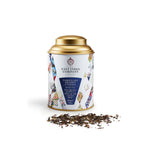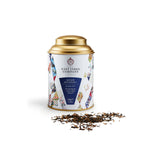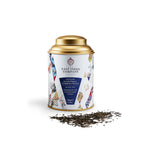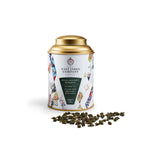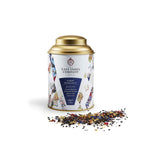Stories
Darjeeling Tea - How it started
Robert Fortune was a Scottish botanist. He knew China well and had survived hair-raising adventures. He was a Mandarin speaker and blended in with his choice of Chinese attire and appearance and he would carry out The East India Company’s strategy to bring tea cultivation and knowledge to India from China.
These Chinese tea plants, Camellia Sinensis, together with a wild variety from in Assam, were planted in Darjeeling in 1841 by Dr Archibald Campbell, who was establishing a hill station for the British stationed in Kolkata. One year later, 2000 plants were growing in 3 experimental gardens. Back came Fortune to review progress and it was found to be the Chinese variant, from similar higher altitudes than the warm, humidity-loving Assamica variety, that was flourishing.
The first commercial tea gardens opened in 1856 and the rest is history.
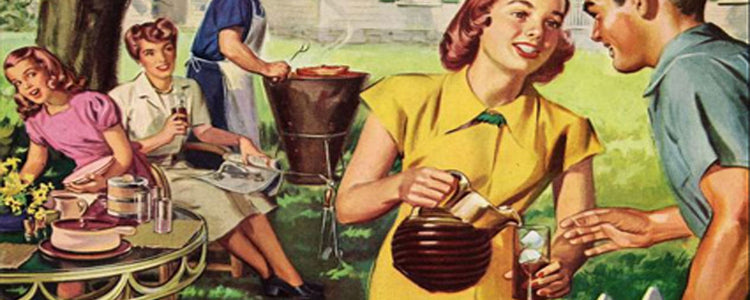
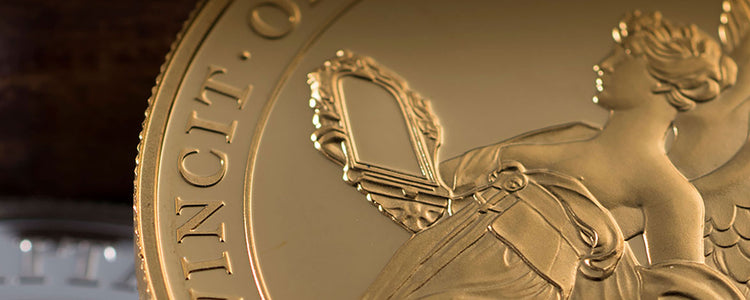
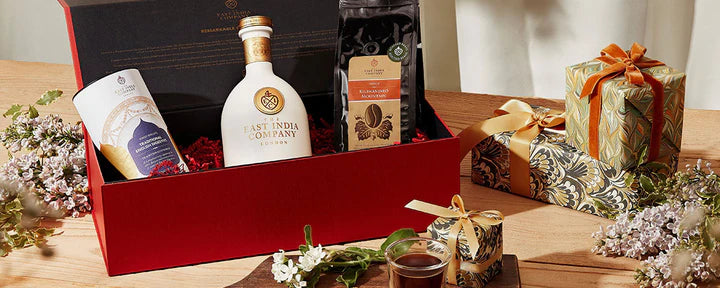
 Ceylon / Sri Lanka
Ceylon / Sri Lanka Assam, India
Assam, India Japan
Japan Taiwan
Taiwan Nepal
Nepal China
China Kenya
Kenya Egypt
Egypt South Africa
South Africa